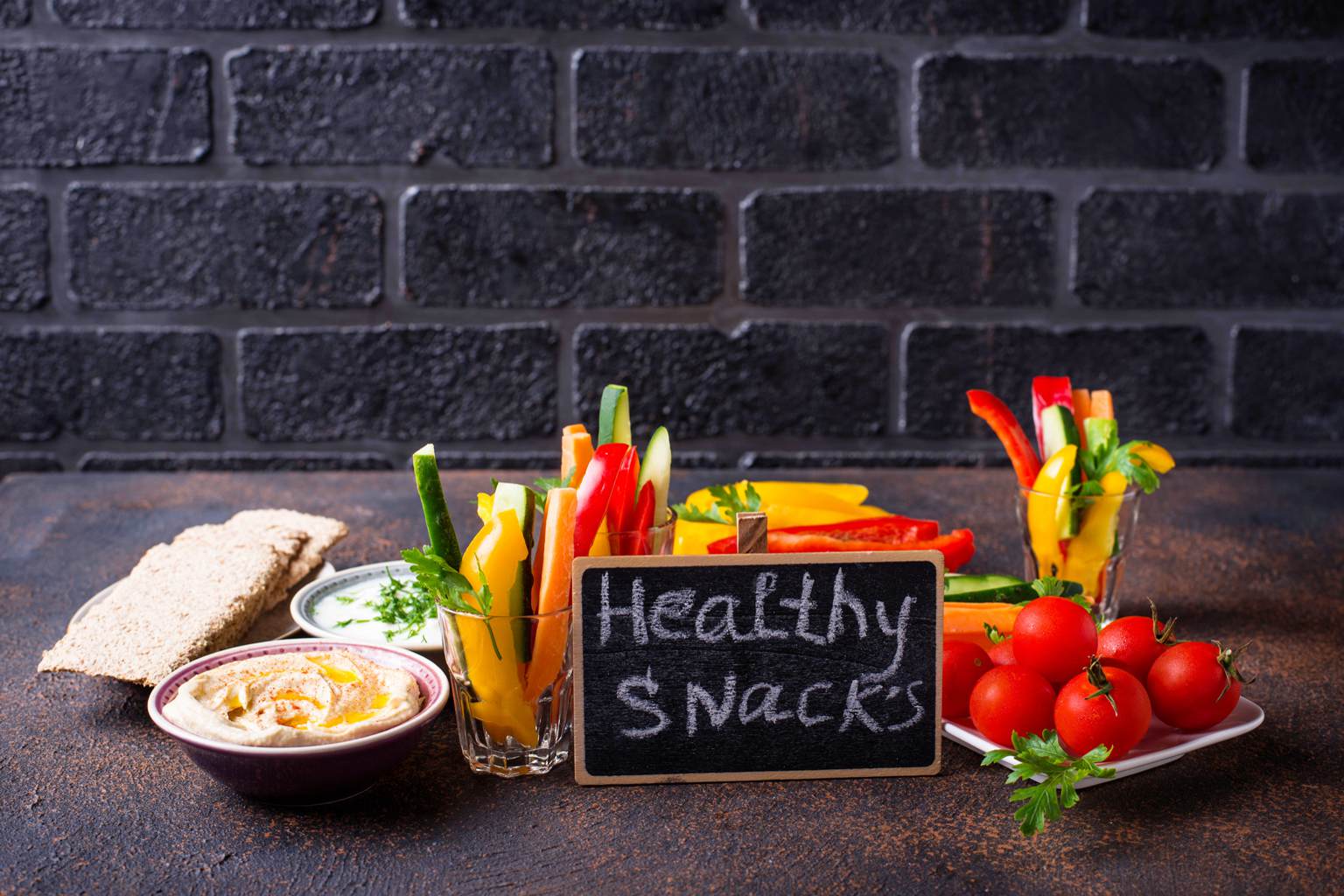Snacking often gets a bad reputation. It’s commonly linked to overeating, weight gain, and mindless munching in front of screens. But the truth is, when done thoughtfully, snacking can be a powerful part of a balanced nutrition plan. In fact, strategic snacking can keep energy levels steady, help curb unhealthy cravings, and support mental clarity all day long. The key is choosing snacks that nourish both your body and mind, rather than simply filling the time between meals.
Why smart snacking matters
Our bodies aren’t always designed to thrive on just three large meals per day. For many people, small, nutrient-dense snacks between meals can help maintain blood sugar levels, prevent energy crashes, and stop you from arriving at the dinner table feeling famished. Depending on your activity level, metabolism, and daily schedule, adding a couple of healthy snacks can make a noticeable difference in your mood, focus, and even your ability to manage your weight.
Well-timed snacks help curb overeating at main meals and can support your overall weight management goals. If you find yourself regularly battling cravings or afternoon fatigue, the right snack can be a real game-changer.
Choosing the right kinds of snacks
The biggest secret to smart snacking is picking whole, minimally processed foods that offer a combination of fiber, protein, and healthy fats. These nutrients slow digestion, keep you satisfied for longer, and help avoid blood sugar spikes and crashes. Some ideal snack choices include:
- A handful of almonds, walnuts, or mixed nuts for protein and healthy fat
- Greek yogurt with berries for a creamy, probiotic-rich option
- Carrot sticks, celery, or sliced bell pepper with hummus for fiber and flavor
- Sliced apple or pear with a spoonful of natural peanut butter
- Boiled eggs or avocado on whole grain crackers
- Homemade energy balls made from oats, seeds, and dried fruit
- Cottage cheese with sliced pineapple or tomatoes
The goal is to choose snacks that not only taste great but also offer lasting nourishment, keeping you full until your next meal.
Snacking and brain performance
Your brain relies on glucose as its primary fuel source. When blood sugar drops—often between meals—so does your mental performance. That can mean brain fog, irritability, and trouble concentrating. Well-chosen snacks help keep blood sugar stable, delivering a steady supply of energy that allows you to stay sharp and productive, whether you’re at work, studying, or just tackling your to-do list.
In fact, several studies have shown that people who snack on balanced foods perform better on memory and focus tests than those who go long stretches without eating.
Timing matters
It’s not just what you eat, but when you eat it. The best times to snack are usually mid-morning (between breakfast and lunch) and mid-afternoon (between lunch and dinner), when energy naturally tends to dip. These windows help prevent overeating at your next meal and give your body a gentle boost.
On the flip side, late-night snacking is best avoided, as it can interfere with sleep quality and slow down digestion. Aim to finish your last snack a couple of hours before bedtime for the best results.
Avoiding common snacking traps
Not all snacks are created equal, and it’s easy to fall into less healthy habits if you’re not paying attention. Here are some pitfalls to watch out for:
- Mindless eating: Try not to snack while watching TV or scrolling your phone. Be present and savor every bite, your body and brain will thank you.
- Hidden sugars: Many seemingly healthy snacks, like granola bars or flavored yogurts, can contain more sugar than a candy bar. Always read nutrition labels.
- Portion distortion: Even the healthiest snack can become a problem if you eat too much. Pre-portion snacks into small containers or bags so you know exactly how much you’re eating.
- Ultra-processed snacks: Avoid chips, cookies, and packaged sweets. They may satisfy cravings temporarily, but often leave you hungry again soon after.
Healthy snacks for every lifestyle
Whether you’re always on the go, glued to your desk, or unwinding at home, there are plenty of healthy snack ideas for any situation:
- Busy mornings: Try overnight oats in a jar, a banana with nut butter, or a breakfast smoothie you can grab and go.
- At the office: Keep trail mix, roasted chickpeas, or whole grain rice cakes on hand for an easy pick-me-up.
- Post-workout: Opt for a protein smoothie, Greek yogurt with fruit, or cottage cheese with berries for muscle recovery.
- Late afternoon: Pair green tea with a handful of almonds, or have a slice of whole grain toast with avocado for long-lasting energy.
- Family snack time: Build a colorful snack board with cut veggies, cheese, fruit, and a variety of dips for everyone to enjoy.
Final thoughts
Snacking doesn’t have to be a guilty pleasure. With a little planning and mindful choices, it can become a valuable tool for better nutrition, sustained energy, and sharper thinking. Listen to your body’s hunger signals and choose snacks that satisfy both your cravings and your nutritional needs.
🍏 A smart snack isn’t just a treat, it’s a tool for better living. Make your next snack a conscious choice, and let your body and mind reap the benefits all day long.
